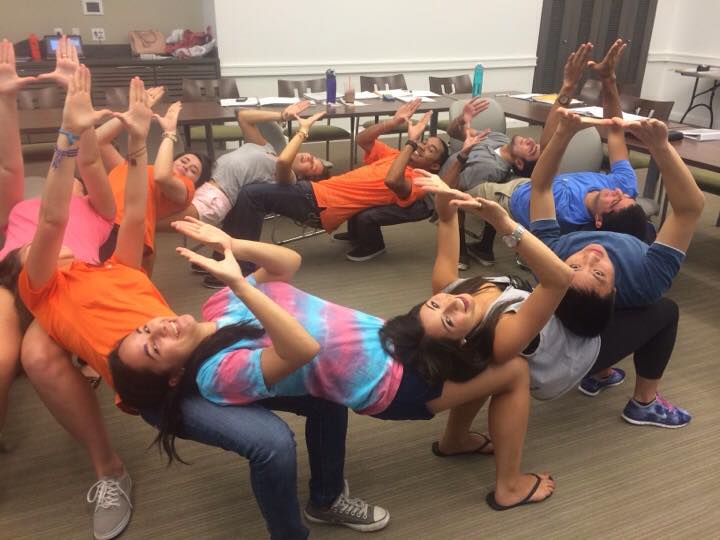The University of Miami’s William R. Butler Center for Service and Leadership’s official mission is “to serve as a catalyst in developing students who cultivate positive social change within their communities as engaged citizens.” With that in mind, the Butler Center created Canes Catalyst (CC), a group that would initially solve the problem of leadership transitions in student organizations; but the group has grown well beyond that purpose.
The group’s advisory board was originally comprised of three students and chaired by now-senior Randall Seenandan, who stepped down from his position after new board members were transitioned in.
“We developed our group services, which now extend beyond just leadership transitioning, but also includes tailored skill building sessions from a list of workshops we have prepared in advance to cover topics such as communication, leadership styles and group dynamics,” said Seenandan
One of the other main services offered by CC, Seenandan explained, includes an individual questionnaire that can pair up students who struggle with on-campus involvement with clubs and organizations that fit their needs and interests.
“Canes Catalyst is an organization that fosters leadership development not only in its agents, but also through its interactions with the student body,” said sophomore Marcus Threadcraft, current community development chair for CC. “Creating and fostering thoughtful relationships has always been a concern of mine, and true relationships can only be achieved through transparency and dialogue, which Canes Catalyst promotes.”
Canes Catalyst agents are all members of the UM student body, and they follow the Social Change Model of Leadership Development as a foundation for all their workshops and services. The model, created in 1994 at the University of California, Los Angeles (UCLA), envisions leadership as a process and helps leaders attain both self-knowledge and leadership competence to create a positive impact or change in the community.
“Our real area of focus is simply helping strengthen the Miami community [as aligned with the Butler Center’s mission to help foster a greater Miami community on campus and with any events and activities that speak to forming a more synergistic campus of collaboration,” Seenandan said.
CC has already helped numerous student organizations with leadership and communication workshops. Aalekhya Reddam, leadership facilitator for the Freshman Leadership Council within Student Government (SG), requested CC’s services, striving for increased and better communication between members of her committee.
“The workshop definitely fulfilled its purpose, and by the end of it, not only did the team learn invaluable information, but they also learned things about each other,” Reddam said.
While many students are unaware, CC can actually be used as a useful resource to help organizations deal with internal issues and conflicts. UPride President Jacob Rudolph contacted the organization to solve poor group dynamics.
“[The workshop was] very thorough,” Rudolph said. “Clearly a lot of thought went into it, it was personalized and I’d say it effectively addressed the issues. The workshop itself did not solve the conflict but definitely put my organization in a position to communicate better and formulate a resolution.”
CC also allowed Golden Key International Honor Society members to develop their self-knowledge and identify areas for improvement in their organization through detailed personality questionnaires and reflection sessions.
“Canes Catalyst helped Golden Key members identify and understand our leadership styles,” Nathan Arnaiz, Golden Key co-president, said. “Their program also helped us target our organization’s strengths and weaknesses, which has allowed us to work on creating a better experience for our members.”
The organization’s motto is “spark, empower, ignite,” something agents practice in weekly training meetings. One of the most important duties a CC agent possesses, according to the organization’s manual, is the commitment to “being a continual learner of leadership.”
“Since joining CC I have grown and continue to grow as a leader,” Threadcraft said. “Currently, I serve as the Community Development Chair and in that capacity our organization is aiding in the creation and implementation of programs that promote societal growth and development here on campus and the greater UM community. CC has inspired me to spark a change in our world while promoting empathy and compassion for our fellowmen.”
Canes Catalyst agents can be reached for workshops and other services after filling out request forms. These are available at bit.ly/1Ewyhe3.
Featured photo courtesy Canes Catalyst







